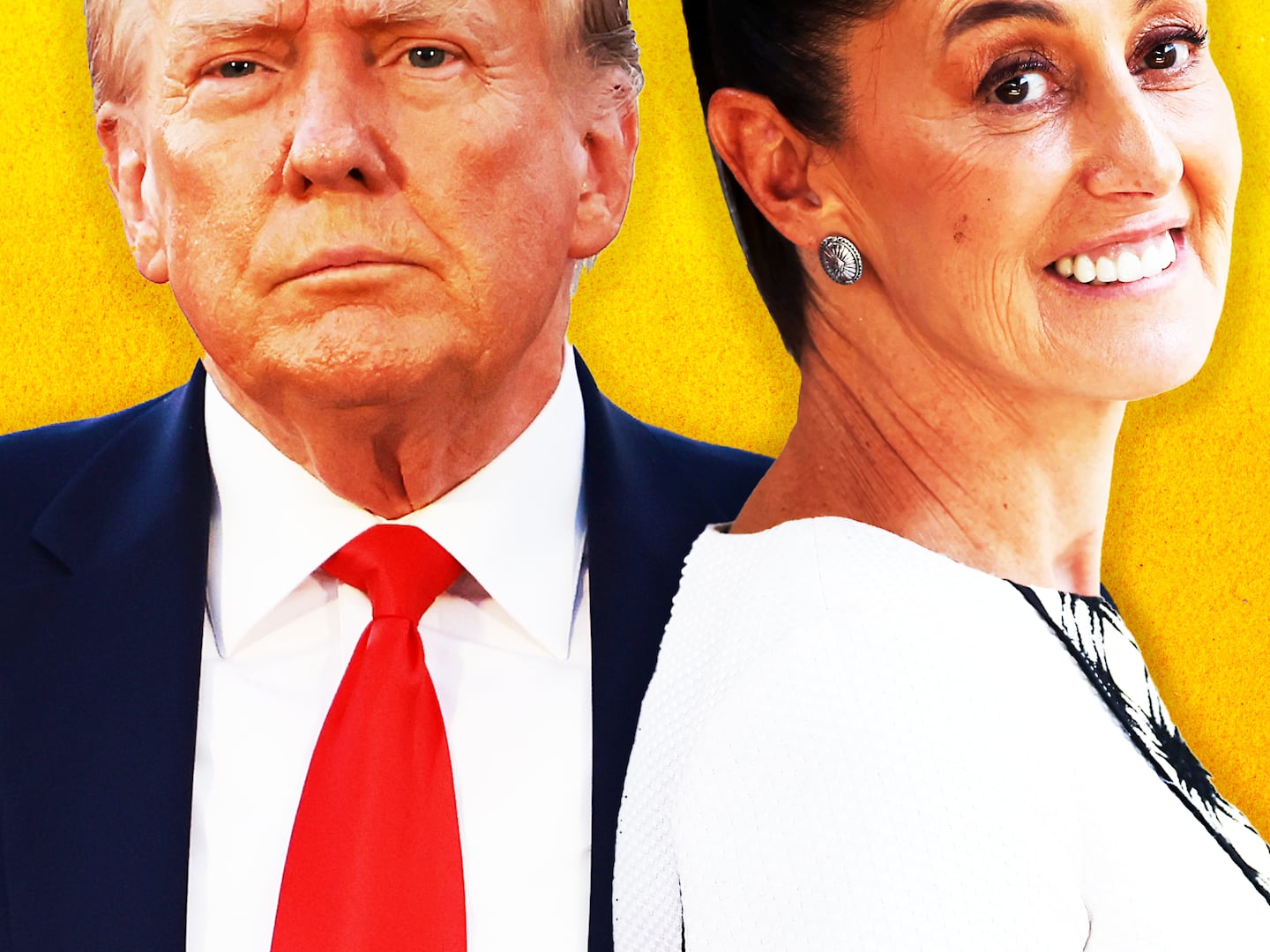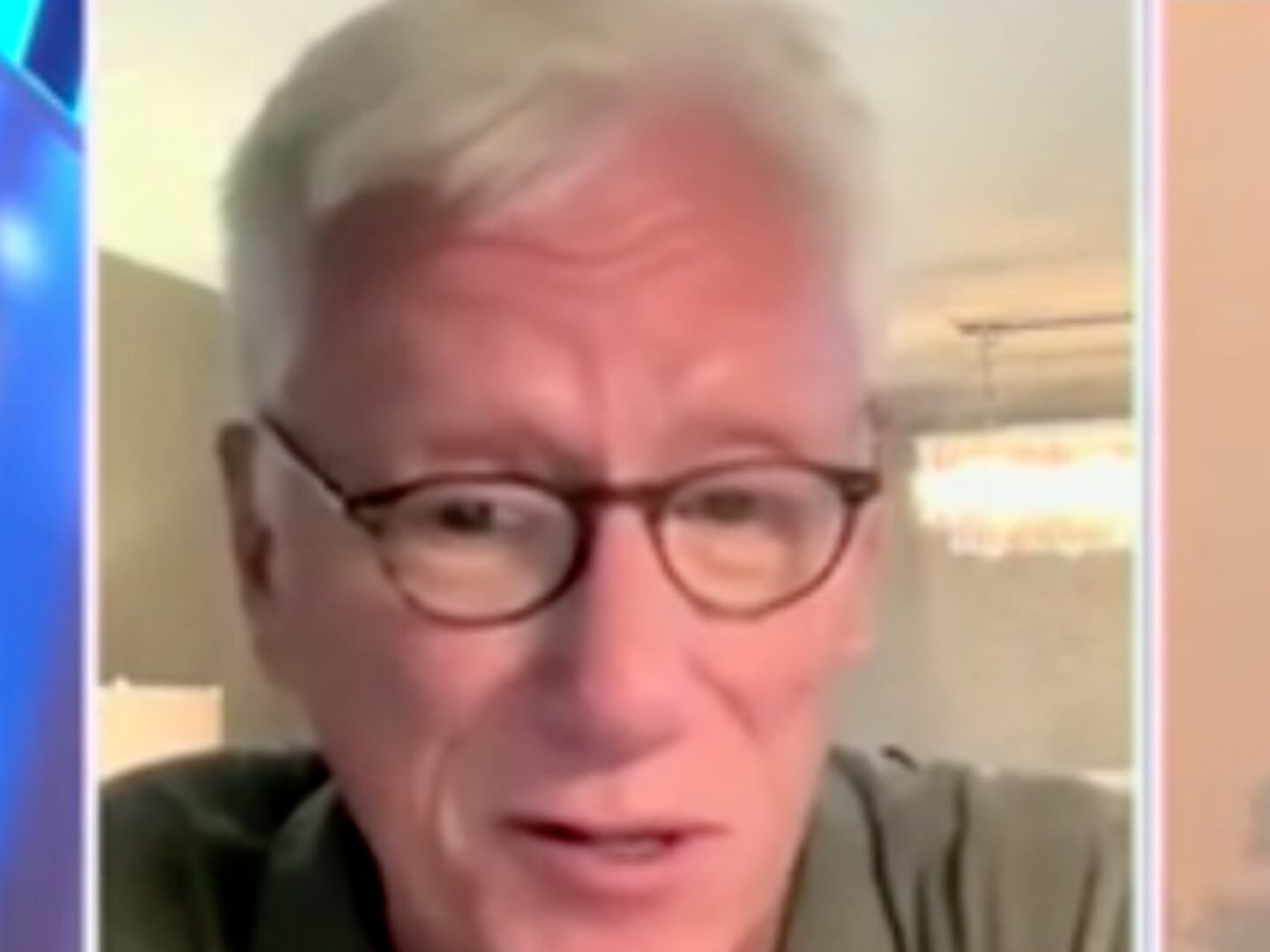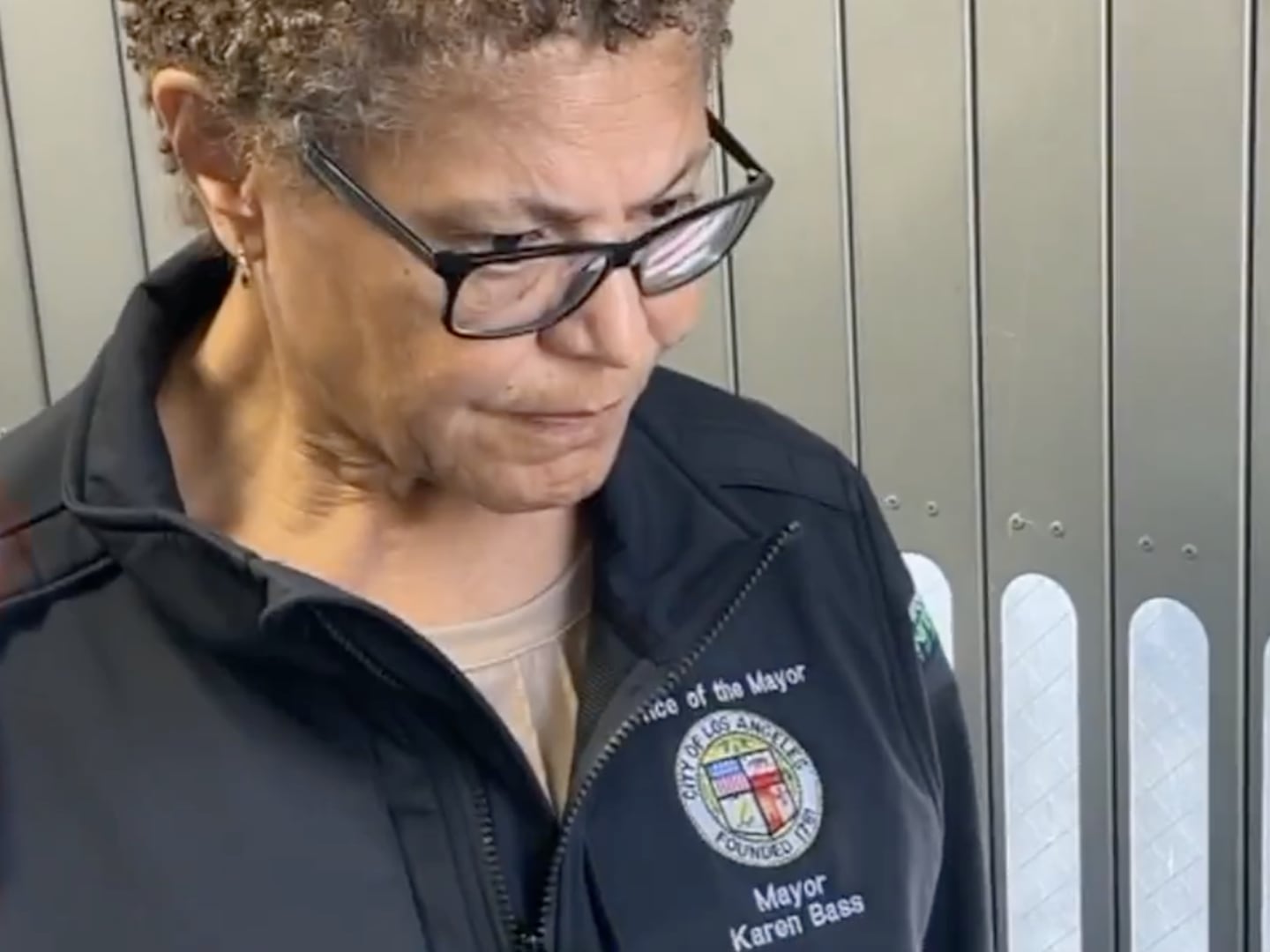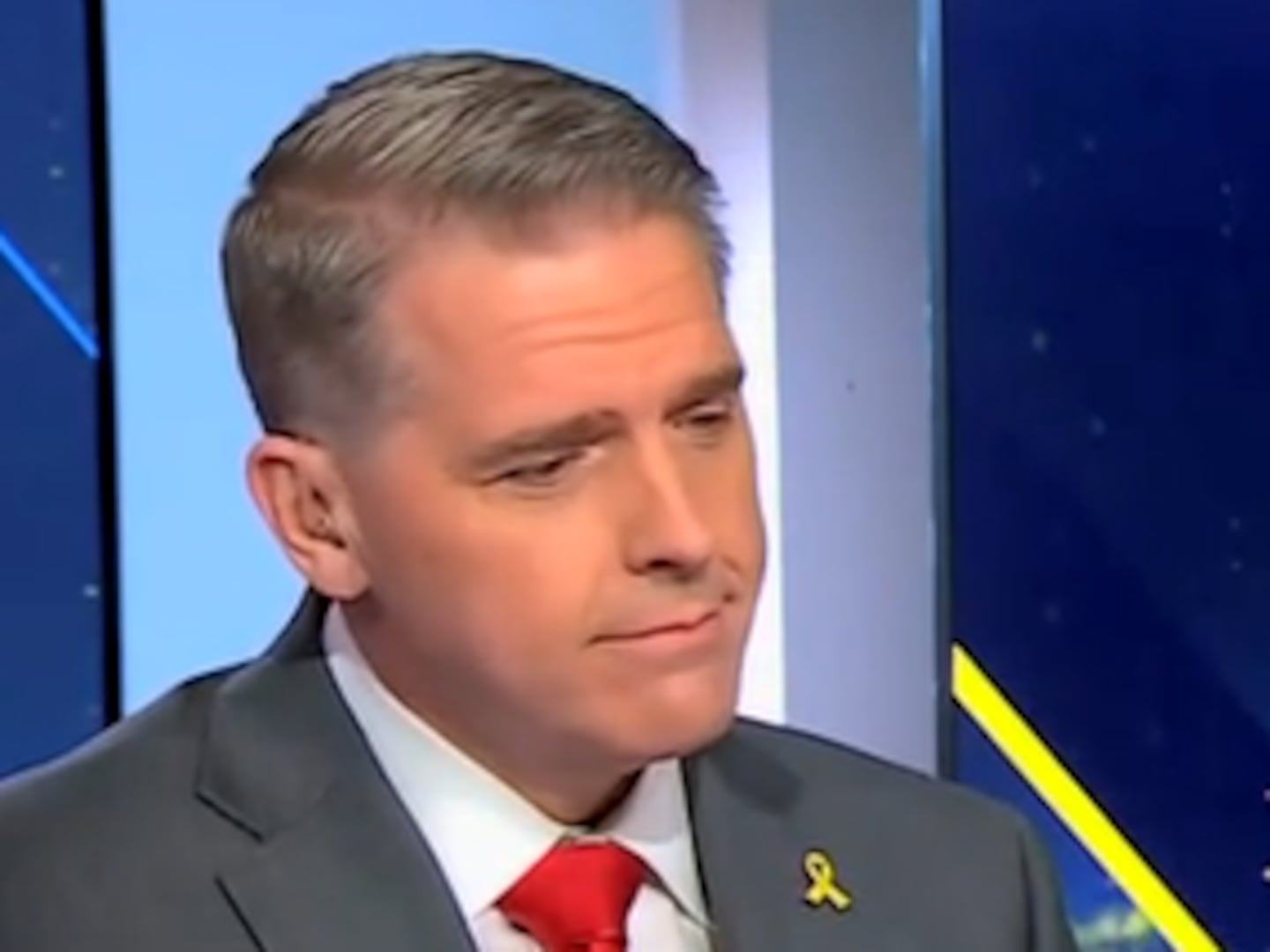Tech
Elizabeth Brockway/The Daily Beast/Getty Images
Opinion: TikTok Is Feeding—And Feeding Off—America’s Political Divisions. It Must Be Stopped
THE CLOCK IS TIK-ING
Regulating mass media is a matter of democratic survival, pure and simple, writes Stephen Marche.
opinion

Trending Now




